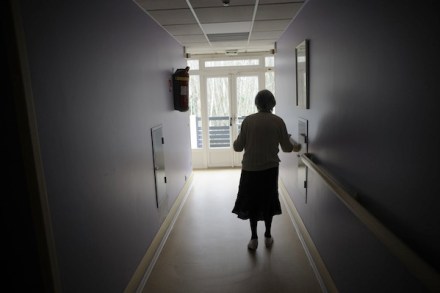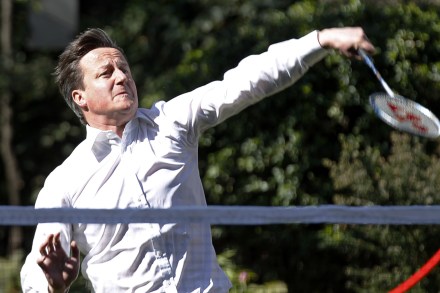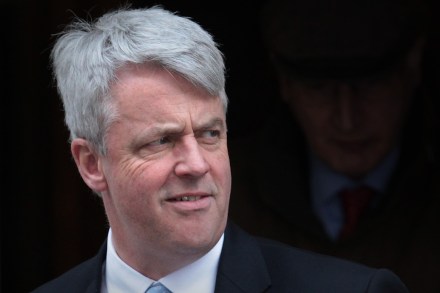The straightforward solution for mental health treatment
Yesterday Nick Clegg published an ‘implementation framework’ for the government’s mental health strategy. This follows his announcement in February 2011 of a ‘No Health without Mental Health’ policy, which has not been delivered and is now fragmenting under the changes being implemented to the commissioning structure of the health service. I have a special interest in this subject. About four years ago the failure of both the NHS and the private sector to deliver moderately competent mental health treatment (to me) nearly killed me; I was very ill with complex PTSD. The cost to the state of my death (in the absence of other resources and leaving behind a family

















